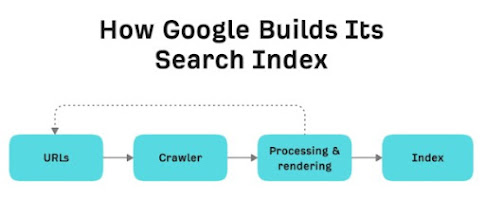Introduction
Our ability to find information, goods, and services on the enormous internet has made search engines an essential aspect of our daily life. But have you ever thought about the actual operation of search engines? In this blog post, we will explore the crawling, indexing, and ranking procedures of search engines to demystify their inner workings. Prepare yourself to explore the wonderful world of web searching!Ranking:
Determining Search Results
How
Do Search Engines Choose What to Show?
What are Search Engines?
Users can find information on the internet by using search engines, which are online resources. The search engine searches through its enormous index of web pages when you input a search query to deliver pertinent results. Search engines like Google, Bing, Yahoo, and Baidu are among the most widely used worldwide.Crawling: The Web's Spiders
Web crawlers, commonly referred to as spiders or bots, are tools used by search engines to sift through the web and find fresh content. These crawlers continuously create an intricate map of the internet by following links from one web page to another.Indexing: Organizing the Web
Ranking: Determining Search Results
When a user enters a search query, the search engine's algorithm comes into play. It evaluates the index and ranks pages based on various factors like relevance, quality, and user experience. The goal is to deliver the most valuable and accurate results to the user.How Do Search Engines Choose What to Show?
Search engines use complex algorithms that consider several factors to determine which results to display. These factors include:Keyword Relevance:
Page Quality:
Backlinks:
User Signals:
Freshness: The recency of the content.
Frequently Asked Questions (FAQs)
Q1: How often do search engines update their indexes?
Q2: Can I pay to rank higher in search results?
Q3: How can I optimize my website for better search
engine rankings?
Q4: Are all search engines the same?
Useful Website Links
Google
Search Central:
Bing
Webmaster Tools:
Moz
Blog:





Your comments are greatly valued, and we appreciate your participation.